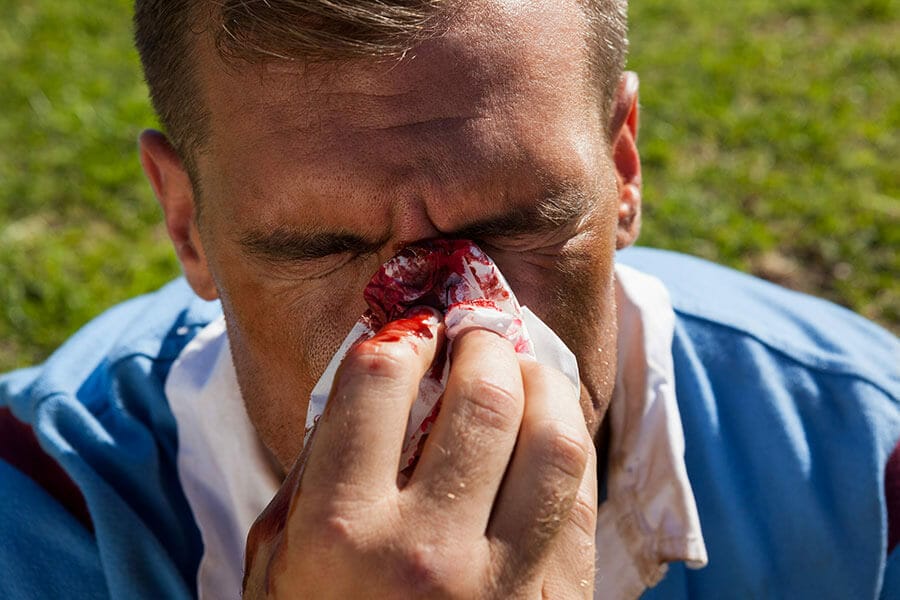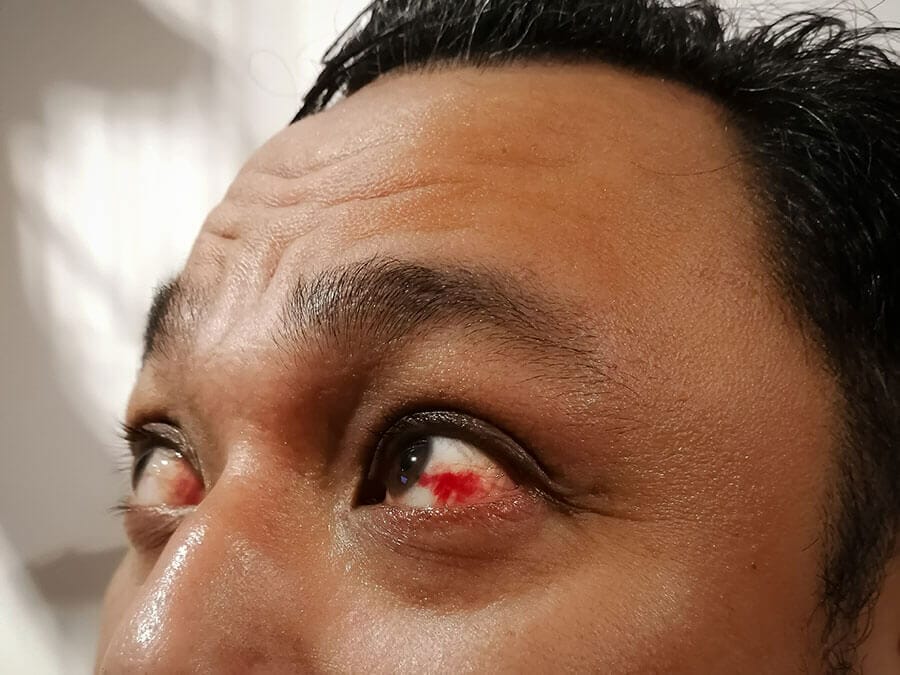Treatment of a corneal ulcer
Treatment of corneal ulcer depends on the cause of the infection, which will be determined through a culture test of your cornea.
Antibiotics
If the corneal ulcer is not severe and is not a threat to your vision, antibiotic drops such as fluoroquinolones (moxifloxacin, besifloxacin, gatifloxacin) and bacitracin or erythromycin may be prescribed. It has now been shown in multiple studies that fluoroquinolones are effective in treating bacterial keratitis.
Culture
Culture testing of the cornea is recommended for corneal ulcers that are large and causing severe symptoms. The reason that this is important is that common ocular pathogens are becoming more and more resistant to antibiotics. Another reason is to determine the right antibiotic to treat your specific infection. Additionally, it should be done before the treatment begins.
After the infection has cleared, depending on how severe your infection was, our eye doctor may prescribe an anti-inflammatory eye drop or steroid eye drop to reduce inflammation and decrease corneal scarring.
Amniotic membrane
Surgery may be required for patients who are not responsive to medication. An amniotic membrane graft may be applied under sterile conditions to promote healing. In cases of severe scarring, a corneal transplant may be performed to replace diseased corneal tissue with healthy tissue from a donor.
Bandage contact lenses
Bandage contact lenses can be an effective way at treating corneal ulcers by both protecting the wound and enabling healing.



















